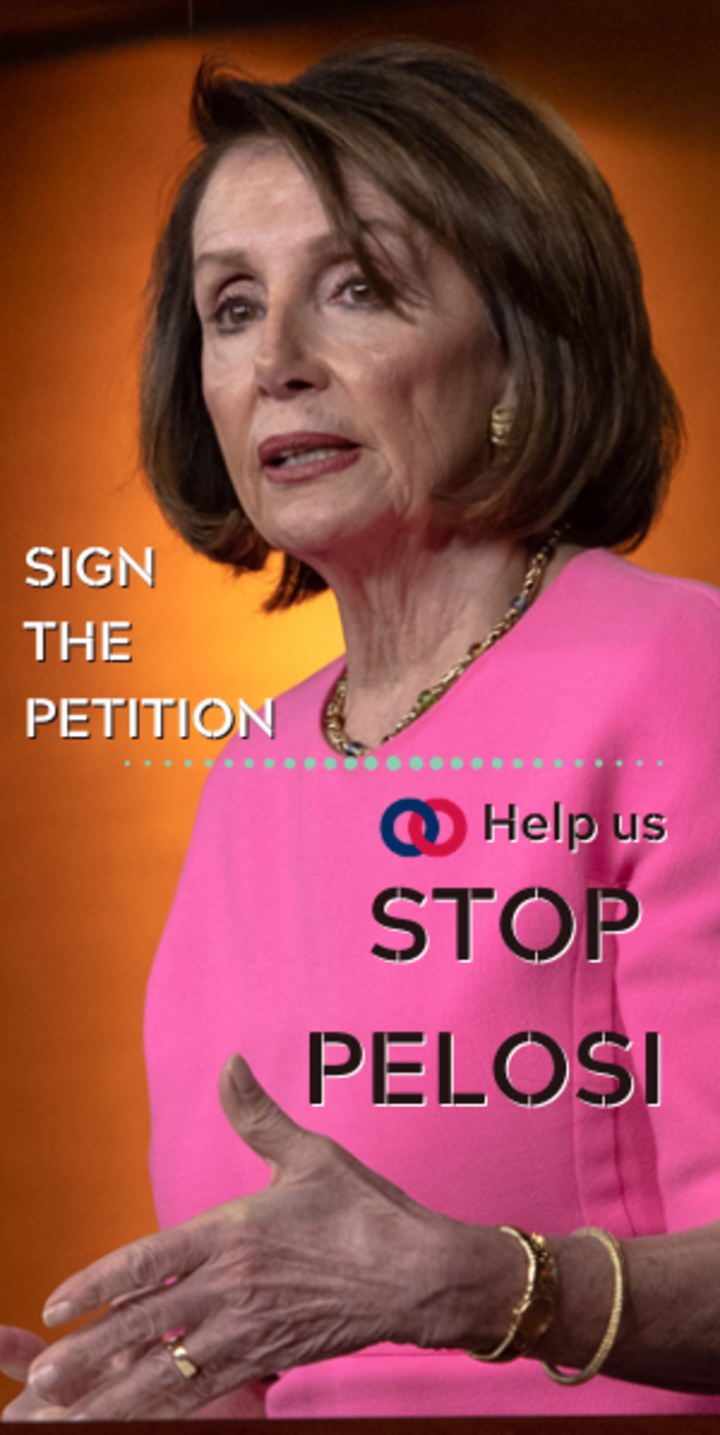Redefining marriage means redefining all the basic language that relates to marriage as well. And even coming up with new terms entirely. Ryan T. Anderson expands upon this notion today in the National Review:
Merriam-Webster is going to have to update the next edition of its dictionary, at least if marriage redefiners have their way. Do you know what the words “monogamish,” “throuple,” and “wedlease” mean? If not, you soon will. After all, the power to redefine words is the power to redefine reality.
Let’s start with “monogamish,” a play on “monogamous.” A 2011 New York Times profile of gay activist Dan Savage, headlined “Married, with Infidelities,” introduced Americans to “monogamish” relationships — in which partners would allow sexual infidelity provided there were honest admissions of it.
The “monogamish” perspective is one of the purported ways in which redefining marriage to include same-sex relationships would make marriage better. The article explained: “Savage says a more flexible attitude within marriage may be just what the straight community needs.” After all, the story added, sexual exclusivity “gives people unrealistic expectations of themselves and their partners.”
If a marriage can be sexually open, why should it be limited to two people in the first place? Meet the word “throuple,” which is similar to “couple” but with three people.
...More or less permanent. Indeed, some activists come down in favor of “less.” Consider “wedlease,” a term introduced in early August in an op-ed in theWashington Post. Why should marriage be permanent when so little else in life is? Why not have temporary marriage licenses, as with other contracts? “Why don’t we borrow from real estate and create a marital lease?” the author writes. “Instead of wedlock, a ‘wedlease.’”
Read Anderson's full article here.






